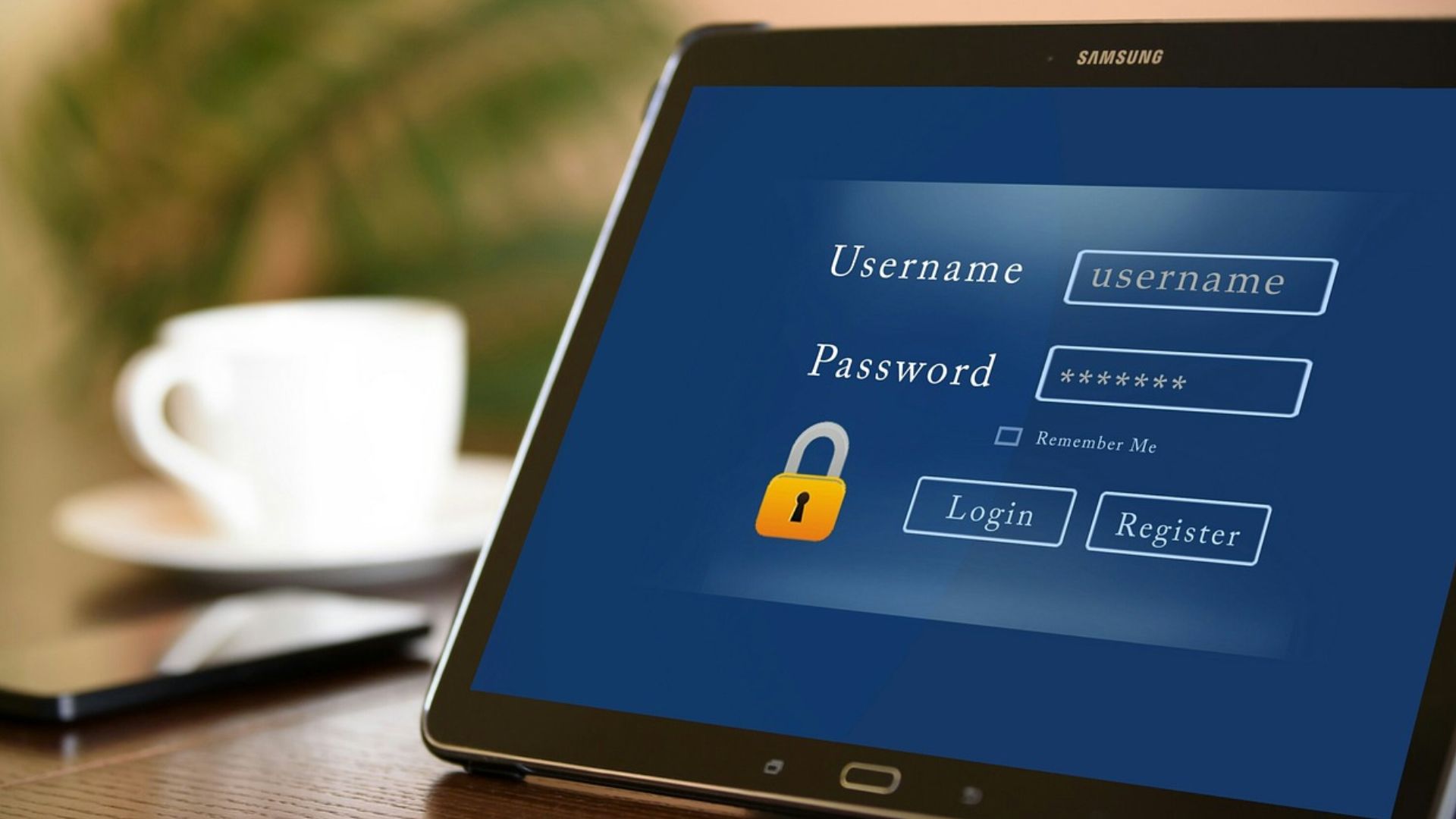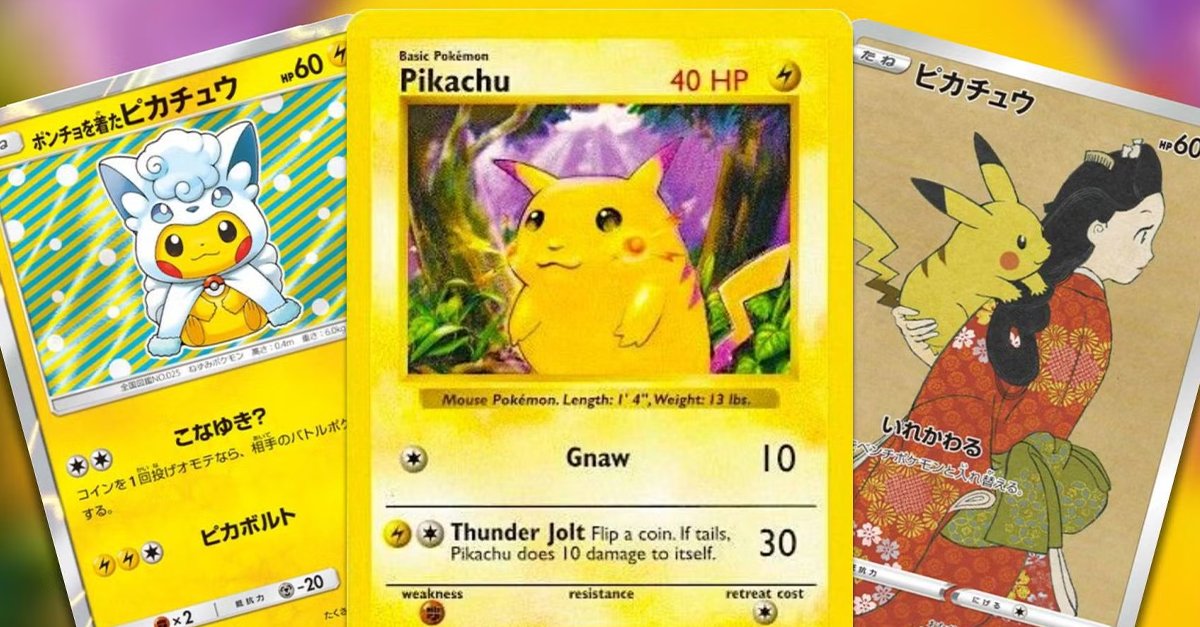A Parent’s Worst Financial Nightmare
Imagine logging into your credit card account only to see an $18,000 balance staring back at you—charged by your own child. You're angry, overwhelmed, and heartbroken. You don’t want to destroy their future with legal trouble, but you're also not sure how to climb out of this financial hole.
Here’s a step-by-step guide to navigating this emotional and financial mess.

Take A Deep Breath—This Is A Mess, But It’s Fixable
The situation is serious, but you're not the first person to face this kind of financial betrayal. Reacting out of anger might cause more long-term damage than the debt itself. Clear thinking is your best ally right now—your next steps matter more than how you got here.
 Photo By: Kaboompics.com, Pexels
Photo By: Kaboompics.com, Pexels
Have A Hard (But Calm) Conversation With Your Child
They may not fully grasp how credit works—or how badly this has hurt you. Make sure they hear not just the numbers, but the emotional toll. Emphasize that this is about trust as much as it is about money, and that rebuilding both is going to take time and action.
 Photo By: Kaboompics.com, Pexels
Photo By: Kaboompics.com, Pexels
Understand How The Charges Happened
Did your child shop online using your saved card info? Use your physical card without permission? Or did you once allow limited access that they abused? Knowing this will determine whether the credit card company considers the charges fraudulent or authorized, which affects your liability and options.
Decide: Will You Report It As Fraud?
If you report it as fraud, your card issuer may remove the charges—but your child could face criminal consequences. If you choose not to, be prepared to own the debt in the eyes of the bank. It’s a trade-off between legal protection and family preservation.
If You Don’t Want To Press Charges, Say So
Let your child know this is a second chance, not a clean slate. Spell out that this isn’t being brushed under the rug. By making this a teaching moment rather than a criminal one, you’re giving them a shot to take responsibility and grow—but they need to rise to that challenge.
Set Up A Repayment Agreement
Write out a payment plan together that includes how much they’ll pay, when it’s due, and what happens if they miss a payment. Even if it’s not legally binding, it sets a tone of seriousness and accountability. Treat it like a real debt—because it is.
Get Them Involved In The Payments Immediately
Even small contributions create a sense of ownership. If they can’t pay in full, they can still contribute consistently—babysitting, part-time jobs, or even selling unused belongings. The key is getting your kid financially involved, not letting them sit this one out.
Call Your Credit Card Company—Now
Some issuers offer hardship programs that reduce interest or freeze late fees if you're facing unexpected financial strain. Don’t be afraid to tell them you're dealing with unauthorized family spending—you may be surprised at how willing they are to help you restructure the debt.
Consider A 0% APR Balance Transfer Card
Moving the debt to a balance transfer card can give you over a year without interest, making it much easier to chip away at the balance. Just make sure to factor in transfer fees and have a plan to pay it off before the promotional rate ends.
 Photo By: Kaboompics.com, Pexels
Photo By: Kaboompics.com, Pexels
Consider A Personal Loan
If your credit is still decent, a personal loan can consolidate the debt into one fixed monthly payment, often at a lower interest rate than your credit card. This makes the situation more manageable and may feel less emotionally fraught than seeing the card bill every month.
Get Help From A Credit Counselor
A nonprofit credit counselor can educate them on budgeting, interest, and financial discipline—skills your child clearly needs. Many counselors offer free or low-cost services, and some can help mediate repayment plans that work for both of you.
Consider Debt Snowball Or Avalanche Methods
If you’re managing multiple debts, these repayment strategies help bring structure and momentum. The snowball method builds psychological wins by eliminating small balances first. The avalanche saves more in interest by targeting high-rate debts first. Either way, consistency is key.
Be Honest About What You Can Afford
You can’t pour from an empty cup. Look at your own budget with fresh eyes: Are there subscriptions to cut? Expenses to scale back? If the debt still seems unmanageable, it’s okay to say so and explore outside help like debt management programs or even legal aid.
Track Every Payment Together
Transparency builds trust and helps avoid future disputes. Use a shared Google Sheet, budgeting app, or even a handwritten chart taped to the fridge. Seeing the numbers go down can be motivating for both of you and reinforce the value of effort.
Use This As A Teachable Moment
This is more than just a financial wake-up call—it’s a life skills bootcamp. Teach your child how credit scores work, how interest accrues, and how debt can snowball if ignored. Help her build the tools to avoid this kind of mistake ever again.
Establish Firm Financial Boundaries Going Forward
You’ve been burned once—don’t set yourself up for a second round. Change passwords. Remove your child from your accounts. Consider using prepaid cards or setting spending limits if they ever earn back limited financial access. It’s about protecting your peace of mind.
Take Care Of Your Own Financial Health
Monitor your credit reports with tools like Credit Karma or AnnualCreditReport.com. Make sure no other suspicious activity has occurred. And don’t hesitate to consult a financial advisor if your retirement or savings are at risk due to this debt.
Find Emotional Support If You Need It
This isn’t just about dollars—it’s about betrayal and stress. Talk to someone who won’t judge. You’re allowed to feel angry, hurt, and overwhelmed. Processing your emotions can help you make calmer, wiser decisions moving forward.
Remember: Forgiveness Doesn’t Mean Absence Of Consequences
Letting go of anger doesn’t mean letting go of accountability. You can love your child and still expect them to make things right. In fact, teaching them to face consequences may be the most loving thing you can do right now.
This Feels Like The End—But It Isn’t
Debt can be paid. Trust can be rebuilt. What feels like a disaster now may one day be a turning point that sets your child on a better path. You’re not alone, and this isn’t the last chapter—it’s just a hard one.
 Photo By: Kaboompics.com, Pexels
Photo By: Kaboompics.com, Pexels
You May Also Like:
I maxed out 7 credit cards to fund my startup. Now I can't even afford ramen. Help?
"My credit card just got declined and I just can't seem to get out of debt. What should I do?"























